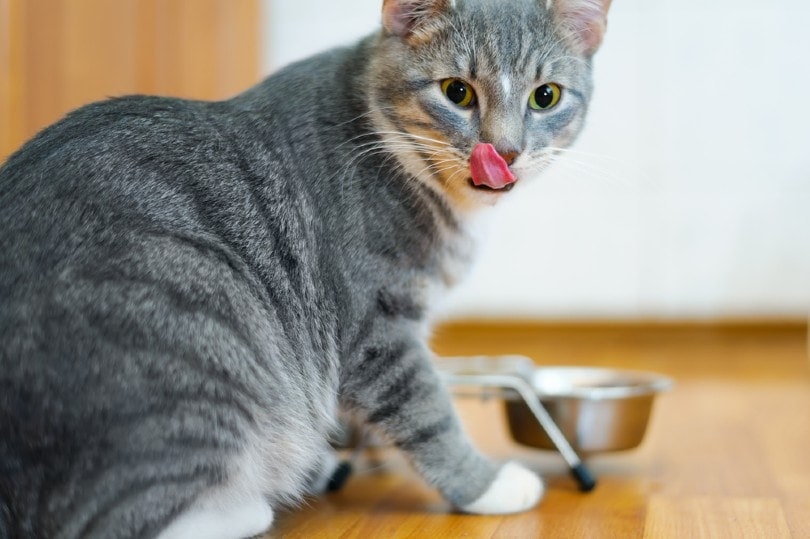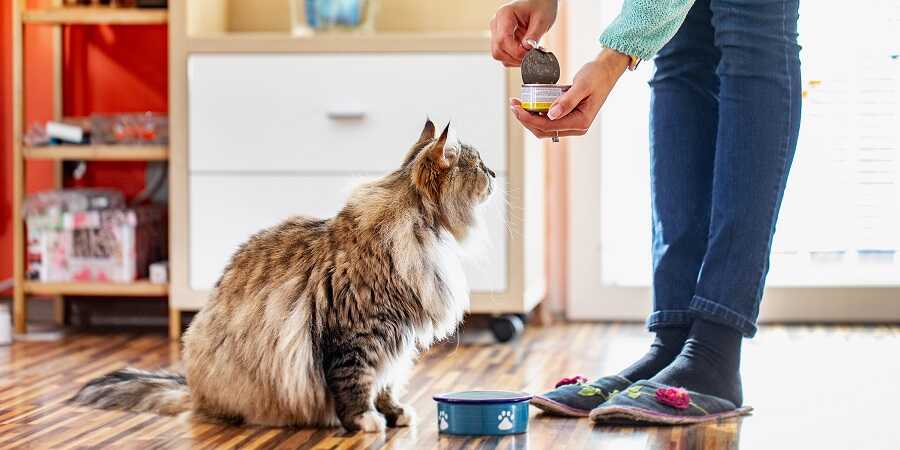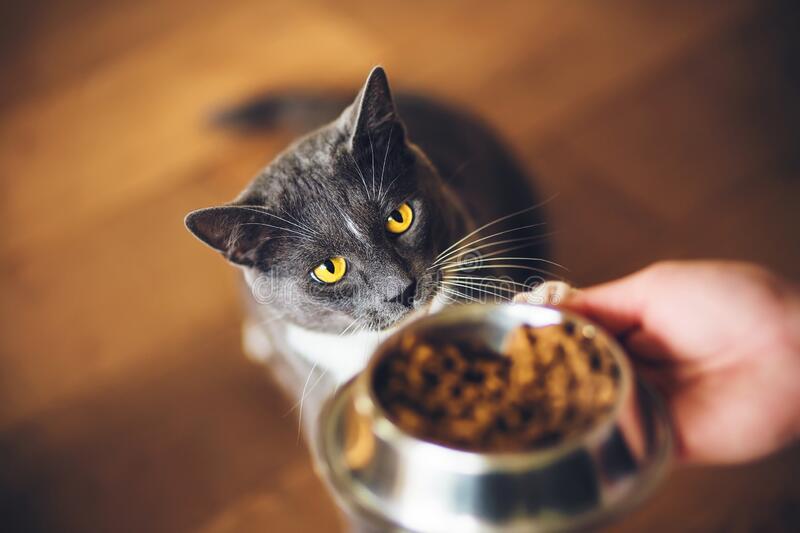How Long Do Cats Take to Digest Food and Water? As a proprietor of a felid, you might ponder how long it takes for your furry companion to process their nourishment and hydration. Comprehending the digestive mechanism of cats is imperative for their salubrity and welfare.
In this dissertation, we shall scrutinize the subject of how long it takes for felines to digest their sustenance and fluid, encompassing the variables that sway digestion and the measures you can take to augment your cat’s digestive well-being.
Understanding the Digestive System of Cats
Cats are obligate carnivores, which means their digestive system is designed to process animal protein. The digestive system of a cat is divided into several parts, including the mouth, esophagus, stomach, small intestine, large intestine, and anus.
The process of digestion begins in the mouth, where cats use their teeth to tear and shred their food. They also have a rough tongue that helps them remove any meat from their bones. Once the food is chewed, it is mixed with saliva and swallowed, passing down the esophagus into the stomach.
The stomach of a cat is very acidic, with a pH of 1-2, which helps to break down the proteins in the food. From the stomach, the food moves into the small intestine, where most of the nutrients are absorbed. The large intestine absorbs water from the remaining food particles, and the waste is eliminated through the anus.
Factors that Influence Digestion in Cats
Several factors can affect how long it takes for a cat to digest their food and water. These include:

Type of Food
The type of food that a cat eats can have a significant impact on digestion. Wet food tends to digest faster than dry food, as it contains more water. This means that cats who eat wet food may need to go to the bathroom more frequently than those who eat dry food.
Age
The age of a cat can also influence digestion. Kittens have a faster metabolism and digestive system than adult cats, which means they can digest food more quickly. Older cats may have a slower digestive system, which can lead to constipation and other digestive issues.
Health
The health of a cat can also affect digestion. Cats with digestive issues such as inflammatory bowel disease or pancreatitis may have a slower digestive system. They may also have difficulty digesting certain foods, leading to vomiting or diarrhea.
Activity Level
The activity level of a cat can also impact digestion. Cats who are more active tend to digest food more quickly than those who are less active. This is because exercise helps to stimulate the digestive system.
How Long Does It Take for Cats to Digest Food and Water?
The amount of time it takes for a cat to digest their food and water can vary depending on several factors. On average, it takes a cat between 12 and 48 hours to digest its food. Water, on the other hand, can be absorbed by cats within a few hours of drinking it.

Digestion Time for Wet Food
Wet food tends to digest faster than dry food. It can take a cat between 4 and 6 hours to digest wet food fully. This means that if you feed your cat wet food, they may need to go to the bathroom more frequently than if they were eating dry food.
Digestion Time for Dry Food
Dry food takes longer to digest than wet food. It can take a cat between 12 and 16 hours to digest dry food fully. This is because dry food contains less water than wet food, which means it takes longer for the body to break it down and absorb the nutrients.
Digestion Time for Treats
Treats can also impact digestion in cats. It can take a cat between 2 and 4 hours to digest a treat fully. If you give your cat too many treats, it can lead to digestive upset, so it’s important to monitor their intake.
Supporting Your Cat’s Digestive Health
To ensure your cat’s digestive system is functioning properly, it’s essential to provide them with a balanced and nutritious diet. Here are some tips for supporting your cat’s digestive health:
Feed High-Quality Food
Choose high-quality cat food that contains natural, whole-food ingredients. Look for brands that use high-quality proteins like chicken or fish, and avoid foods that contain fillers like corn or wheat.
Feed Small, Frequent Meals
Rather than feeding your cat one or two large meals, feed them small, frequent meals throughout the day. This can help to keep their digestive system functioning properly and prevent constipation.
Provide Plenty of Water
Make sure your cat always has access to clean, fresh water. This can help to keep their digestive system functioning properly and prevent dehydration.
Monitor Their Treat Intake
While treats can be a great way to reward your cat, too many treats can lead to digestive upset. Monitor your cat’s treatment intake and avoid giving them too many treats in one day.
Conclusion
Cats have a unique digestive system that is designed to process animal protein. The type of food, age, health, and activity level can all influence how long it takes for a cat to digest their food and water. By providing your cat with a balanced and nutritious diet, feeding them small, frequent meals, and monitoring their treatment intake, you can support their digestive health and overall well-being.
FAQs
Share this article:
Recommended:

